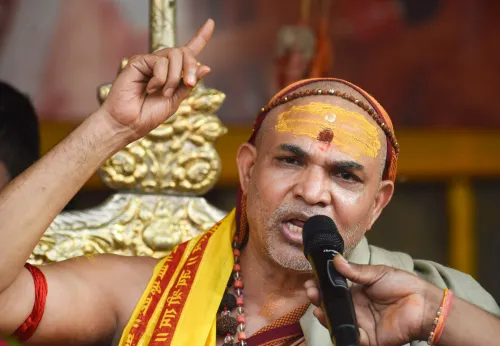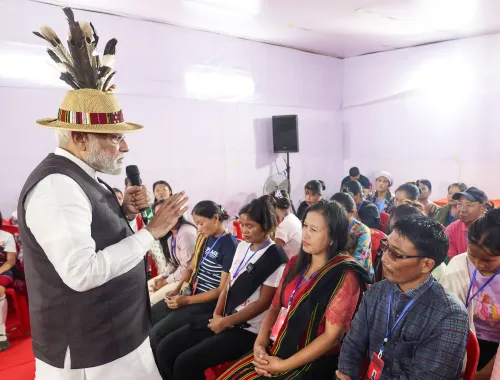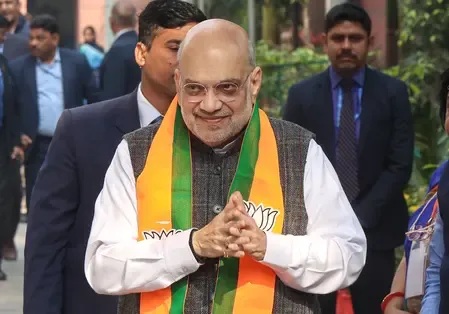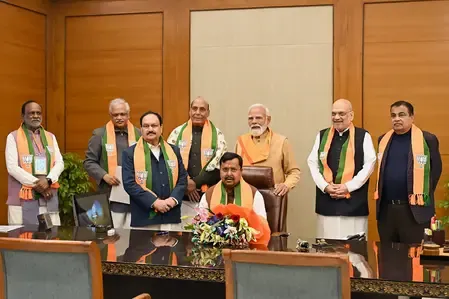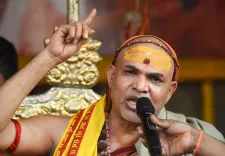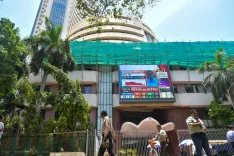Is India Justified in Defending Its National Interests?

Synopsis
Key Takeaways
- India prioritizes its national sovereignty in oil and arms purchases.
- US tariffs are viewed as illegal under international law.
- India’s response reflects a necessary assertiveness in global affairs.
- Protecting farmers’ livelihoods is crucial in trade negotiations.
- India is positioning itself as a leader of the Global South.
New Delhi, Aug 7 (NationPress) India is making a commendable choice by standing firm on its national interests despite increasing pressure from the United States, noted Prabhash Ranjan, Professor at OP Jindal Global University, in an exclusive interview. As tensions mount between India and Washington over tariffs and trade discussions, Ranjan emphasized that India's decisions regarding oil and arms purchases reflect its sovereignty.
In response to tariffs imposed by the US, including a 25% duty followed by another 25%, Ranjan stated, “No nation, including the US, should have the authority to intervene in India’s decisions.” He further pointed out that additional US tariffs under such pretexts would constitute a violation of international law, specifically WTO regulations. “These tariffs are not just unjust; they are fundamentally illegal,” he asserted.
He commended India’s assertive stance against the US, calling it necessary for the nation's dignity. “India has prioritized its national interests. This decisive position was long overdue,” Ranjan remarked.
Professor Ranjan sees this as a pivotal opportunity for India to step up as a leader for the Global South. “The Global South is observing closely. In an era where the US, particularly under Donald Trump, is acting unilaterally, India must uphold its moral and strategic obligations,” he explained.
Even amidst trade discussions with the US, India remains resolute. “Entering negotiations does not mean India will concede to unreasonable demands. India is rightly establishing and adhering to its red lines,” he asserted.
On agriculture, Ranjan voiced strong support for the Indian government's position against US pressures to liberalize the sector. “The US is urging India to open its agricultural markets to American imports, which jeopardizes our farmers' livelihoods. India cannot permit heavily subsidized US products to inundate its markets,” he elaborated.
He acknowledged Prime Minister Narendra Modi’s firm stance on this matter, stating, “PM Modi has asserted he will not compromise the welfare of Indian farmers, even at a personal political cost. This is a bold and essential approach.”
According to Ranjan, India's refusal to comply with US agricultural demands extends beyond trade; it is about safeguarding the rural economy. “Our agriculture sector is highly sensitive, and its protection is vital for national survival. The government's actions are entirely justified,” he concluded.


